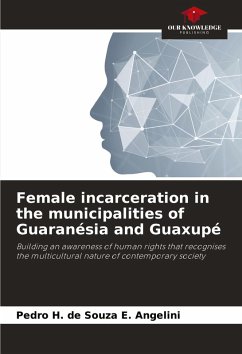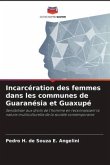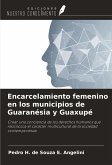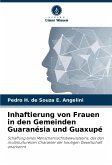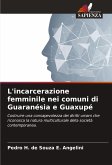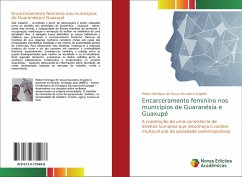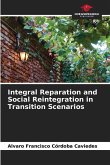This work - based on observations and data collected from prisons in the municipalities of Guaranésia and Guaxupé - adopts as its central thesis the inability of the Brazilian state to promote the recovery, re-education and reintegration of women into the environment of a free society. The research seeks to identify the individual and collective causes of female incarceration. It is based on the hypothesis that some women commit crimes because of their immediate economic needs and even because they are close to criminals. In order to demonstrate this hypothesis, the historical evolution of crime and its concept is investigated until female criminality in particular is examined. The relationship between the roles played by women in society and crime is also considered. Secondly, we analyse the data collected from women who have actually been convicted and imprisoned in the Guaranésia - Guaxupé prison, highlighting information on the type of crime, schooling, employment, income andmaternity.
Bitte wählen Sie Ihr Anliegen aus.
Rechnungen
Retourenschein anfordern
Bestellstatus
Storno

